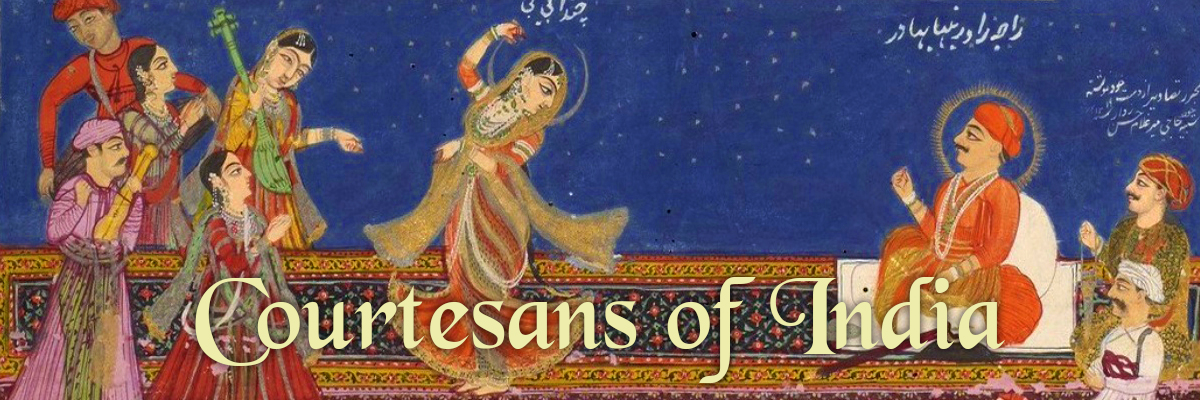In this article, Hanne M. de Bruin examines the issues surrounding the name for the folk theatre of Tamil Nadu, India — usually known as terukkuttu (one of several possible spellings), but which some now prefer to call kattaikkuttu. De Bruin’s position as a theatre researcher not only gives her firsthand insights based on her own participation in the debate but, as she notes, also clouds the issues because of her status as a foreign scholar. In her essay, De Bruin closely examines the sociopolitical ramifications of the naming problem.
Tag: tamil nadu
Srinivasan, Amrit. “Reform and Revival: The Devadasi and Her Dance.” Economic and Political Weekly, vol. 20, no. 44, 1985, pp. 1869-1876
This paper describes the changes that affected an artist community of Tamil Nadu in the wake of the reform agitation concerning the idiosyncratic life style of a section of its women-the devadasis. The first part reconstructs the devadasi system as it prevailed prior to the 1947 Madras Devadasis Act. The second half describes the effect of these reforms on the social, religious and domestic status of the devadasis. The anti-nautch campaign led to the suppression of the regional dance tradition which had been sustained by the devadasi, while simultaneously the art was being revived in its ‘pure form’ as Bharat Natyam. Srinivasan argues that the paradox of the emergence of two parallel equally vociferous reform and revival movements can only be understood by examining the colonial context and native political activity. While the reformers presented the Hindu temple dancer as a ‘prostitute’ in order to do away with her, the revivalists presented her as a ‘nun’ in order to incarnate her afresh.
